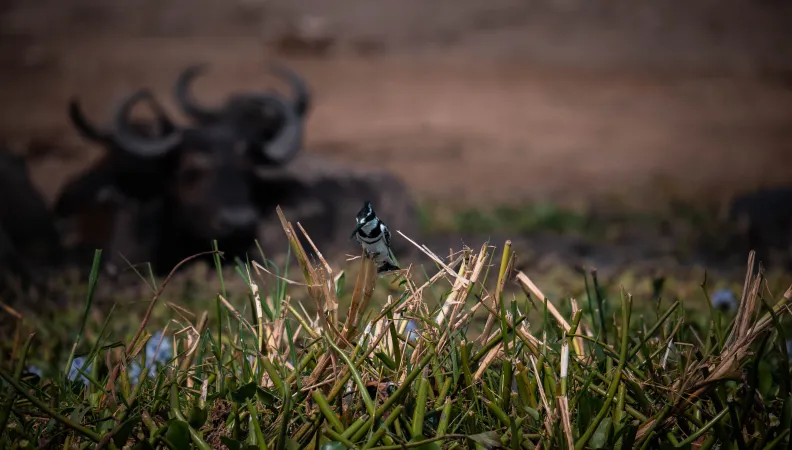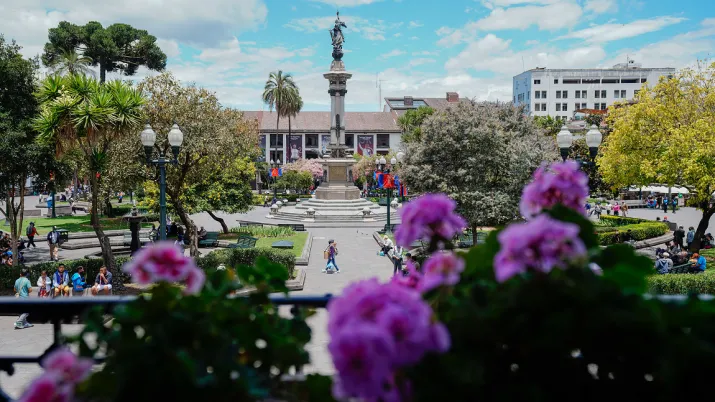Share the page
Addressing constraints to upscaling wetland restoration in Uganda

-
Project start date
-
2022Status
Ongoing
-
Project end date
-
2024
-
AFD financing amount
-
222473
-
Country and region
-
Location
-
Wetlands of Lubigi and Rufuha
-
Research program
As part of the ECOPRONAT research programme, AFD is working with the IHE Delft Institute for Water Education and Makerere University in Uganda to understand the institutional and socio-economic constraints for wetland restoration, and to identify solutions for upscaling restoration initiatives in a sustainable way – both from the perspective of natural ecosystems and the human activities that depend on them.
Context
Uganda’s wetlands are among the most productive ecosystems (in terms of ecosystem services) in East Africa. In addition to their ecological functions, they provide more than 50% of the monthly income of the populations that depend on them. However, the rate of wetland degradation is over 70 times the rate of their restoration. Artificialization and urban growth, informal settlements, agricultural activities, pollution or illegal mining of sand and clay: all of these causes contribute to the degradation of these ecosystems.
To address this challenge, many restoration projects have already been carried out in Uganda, and the knowledge available on the country’s wetlands is important. Strengthening the links between research and policy implementation is therefore essential to facilitate and improve the extension of sustainable wetland restoration in Uganda.
This project is part of the ECOPRONAT research programme, which supports research on how to better take into account biodiversity and mainstream it into key economic sectors.
Objectives
Based on two case studies, this project aims to facilitate and enhance the upscale of sustainable wetland restoration in Uganda:
- Identification of institutional and socio-economic constraints on restoration projects, including available research and lessons learned from Uganda;
- Analysis of the effects of restoration projects on natural ecosystems and their sustainability;
- Development of tools to support decision-making;
- Capacity building of key actors in wetland restoration and management.
The IHE Delft Institute for Water Education, in partnership with Makerere University, the Ministry of Water and Environment of Uganda and the NGO NatureUganda, is mobilizing its 20 years of experience in wetland research in Uganda to address these issues.
Method
This project draws on the analysis of two Ugandan wetlands – Lubigi and Rufuha, one urban and one rural – and focuses on several research questions to achieve its objectives:
- Understand issues of wetlands and synthesize knowledge and practices of wetland restoration;
- Characterize institutions, governance and development process of wetland restoration;
- Analyse the participation of local communities in wetland restoration and assess the economic contribution of these ecosystems to household incomes;
- Assess the impact of restoration on wetland biodiversity and the provision of ecosystem services;
- Develop and test an indicator framework for wetland restoration monitoring and develop decision-making tools.
Strengthening the capacity of the implementing agencies for restoration management, in particular by communicating the results of the project to public actors, is also a key axis of the methodology of this project.
Results
This research process should result in the production of scientific analysis reports on constraints and issues related to wetland restoration projects. Policy notes and knowledge products on the monitoring, evaluation and deployment of ecological restoration of wetlands are also expected.
A Research Conversations webinar was organized in September 2024 to present and discuss the results of the research project.
Watch the replay: Restoring wetlands in Uganda: An integrated approach for sustainable solutions?
Contact
-
Julien CALAS
Research Officer on Biodiversity



